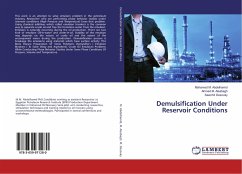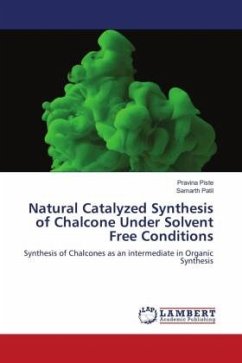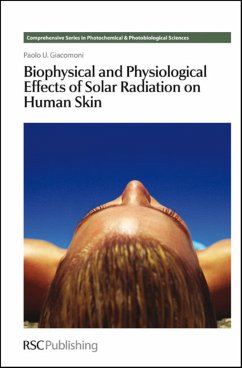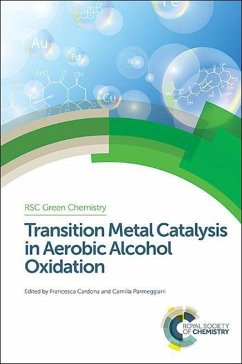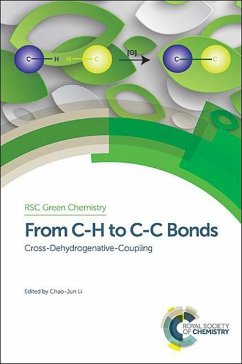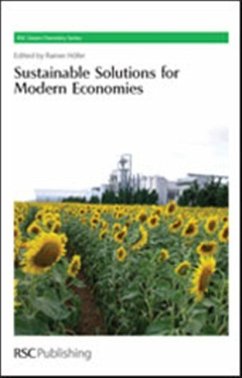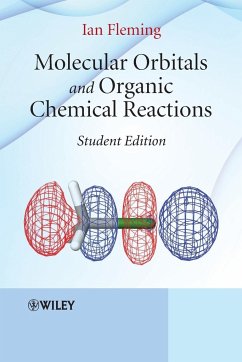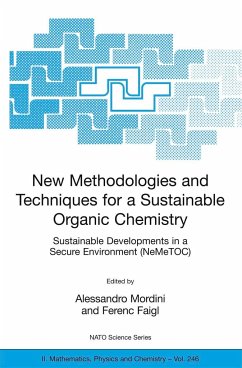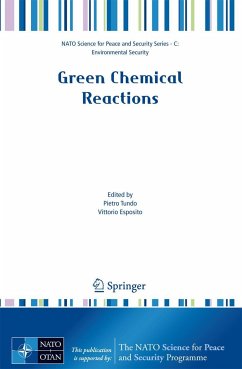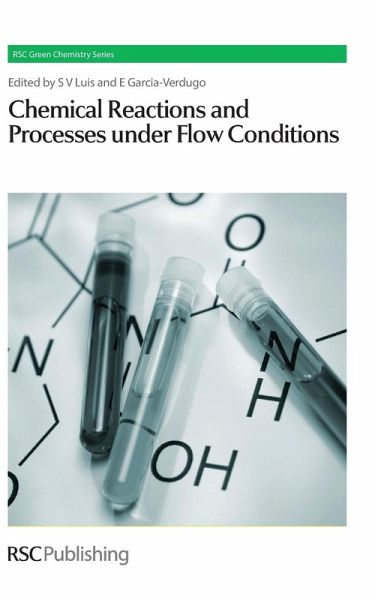
Chemical Reactions and Processes Under Flow Conditions
Versandkostenfrei!
Versandfertig in über 4 Wochen
125,99 €
inkl. MwSt.

PAYBACK Punkte
63 °P sammeln!
Pharmaceutical and fine chemical products are typically synthesised batchwise which is an anomaly since batch processes have a series of practical and economical disadvantages. On the contrary, flow continuous processes present a series of advantages leading to new ways to synthesise chemical products. Flow processes - * enable control reaction parameters more precisely (temperature, residence time, amount of reagents and solvent etc.), leading to better reproducibility, safer and more reliable processes * can be performed more advantageously using immobilized reagents or catalysts * improve t...
Pharmaceutical and fine chemical products are typically synthesised batchwise which is an anomaly since batch processes have a series of practical and economical disadvantages. On the contrary, flow continuous processes present a series of advantages leading to new ways to synthesise chemical products. Flow processes - * enable control reaction parameters more precisely (temperature, residence time, amount of reagents and solvent etc.), leading to better reproducibility, safer and more reliable processes * can be performed more advantageously using immobilized reagents or catalysts * improve the selectivity and productivity of the process and possibly even the stability of the catalyst * offer opportunities for heat exchange and energy conservation as well as an easy separation and recycling of the reactants and products by adequate process design * achieve multistep syntheses by assembling a line of reactors with minimum or no purification in between two reaction steps * can be assured by facile automation * scale-up can be easily conducted by number-up With all the new research activity in manufacturing chemical products, this comprehensive book is very timely, as it summarises the latest trends in organic synthesis. It gives an insight into flow continuous processes, outlining the basic concepts and explaining the terminology of, and systems approach to, process design dealing with both homogeneous and heterogeneous catalysis and mini- or micro-reactors. The book contains case studies, extensive bibliographies and reference lists in each chapter to enable the reader to grasp the contents and to go on to more detailed texts on specific subjects if desired. The book is written by both organic chemists and engineers giving a multidisciplinary vision of the new tools and methodologies in this field. It is essential reading for organic chemists (in industry or academia) working alongside chemical engineers or who want to undertake chemical engineering projects. It will also be of interest for chemical engineers to see how basic engineering concepts are applied in modern organic chemistry.






